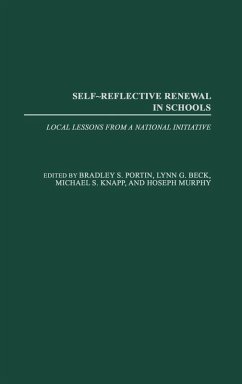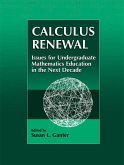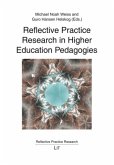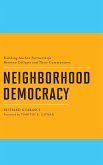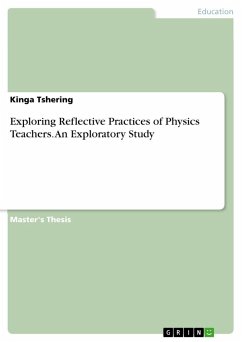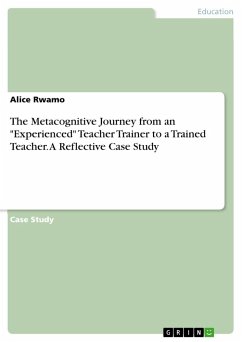The primary purpose of this study is to learn from the experiences of schools across the U.S. that are engaged in a largely process-oriented reform strategy. Schools vary in their capacity for productive self-reflection. The authors examine the process of self-assessment that many schools engaged in during this time of widespread public attention to the equlaity of schools. The schools examined in these cases reveal a complex interaction between the nature of the self-reflective activity the schools were engaged in (in this case, a National Education Association school review process entitled KEYS to Success in Schools), the contexts that shape the school, and the readiness on the part of school staff to engage in systematic reflection around issues that affect teaching and learning. The act of self-reflection in schools may not provide, by itself, a source of new ideas, alternative models, and a sense of what might be possible for the school to accomplish. Some external agent can often provide the impetus for (or constrain) the actions of school staffs in examining their programs and capacity for renewal. The acts and outcomes of self-reflection are inevitably guided and/or constrained by various contexts (including the school's history, culture, structure, and supports and pressures provided from communities, districts, and states).
Hinweis: Dieser Artikel kann nur an eine deutsche Lieferadresse ausgeliefert werden.
Hinweis: Dieser Artikel kann nur an eine deutsche Lieferadresse ausgeliefert werden.

